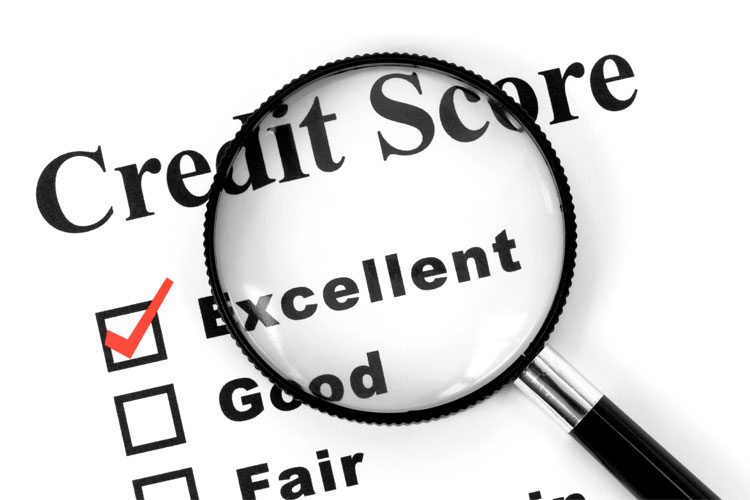In an increasingly digital world, being able to get credit is a necessity. This is equally important for university and college students. Despite what many people think, there is no such thing as a universal credit score. Every bank has a different idea of the person they want to lend to. Read this article to find out what lenders look for when deciding who to lend to, and what makes you an attractive or unattractive borrower.
What is a Credit Score?
Credit scores, credit ratings and credit rankings are all the same thing, someone else’s assessment of your credit worthiness.
What Affects My Credit Score?
- Late Payments
- Financial Judgments
- No History
Where to Check Your Credit Score
There are three main credit reference agents that will hold information which lenders use to compile your credit score. These are Experian, Equifax and Call Credit. They are independent organisations that obtain information about your financial behaviour from banks, utilities, credit card providers, and other companies that have financial information about you.
These agencies charge you to check your file, but there is now an alternative. Credit comparison expert TotallyMoney.com has created a new FREE tool to check your credit rating. The tool does not show you what is on your credit file but will give you a credit score and from this you’re able to work out which types of credit are available to you.
For some, a poor credit score is unavoidable but it isn’t a block to credit if you need it. The Totally Money tool can show you what types of credit you’re most likely to be accepted for.
Get your FREE Credit Score here: http://www.totallymoney.com/what-is-my-credit-score
What to Check on Your Credit File?
- Check your….
- Personal details
- Repayment history
- Missed payments
- Financial links
This is simple CHECK EVERYTHING. Any little mistake can affect your ability to get credit so make sure all your debts are on there and are accurate. Is your repayment history correct, or are some missed payments incorrectly listed? Are your personal details correct – do they have the right address for you now and the right past addresses? Are you incorrectly linked to someone else financially?
Improve Your Credit Score
A good credit rating will save you a fortune over your lifetime – giving you access to the best interest rates on everything from credit cards to mortgages.
Read on to find out everything you need to know to get the best possible credit rating.
Get a Credit Card
Rule number one when it comes to improving your credit rating is to show lenders that you can handle any money you borrow. To do this you should get a credit card and use it responsibly – pay it back in full each month and don’t go beyond your credit limit.
Cut your Credit to Increase your Rating
Lenders like to see that you can use credit responsibly. This means you should have a credit card and use it regularly and sensibly, always making at least the minimum repayment every month.
Stability is Key
Lenders are attracted to stability and there are a number of ways you can demonstrate this:
Get a landline – Using a landline on your credit applications shows you are rooted at one address and can help with security checks.
Register to vote – Lenders use the Electoral Roll to check your home address so being on it makes you far more likely to get credit. You can register or change your details if you’re already registered at About My Vote.
Settle down – Try to avoid moving house too often. If you’re renting look for places offering at least a year’s tenancy.
Commit to your bank – Although switching bank accounts regularly means you can take advantage of switching rewards and better interest rates, try not to do it more than once a year.





